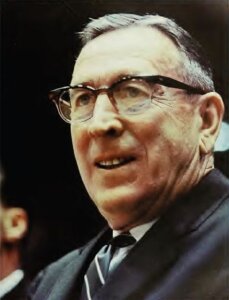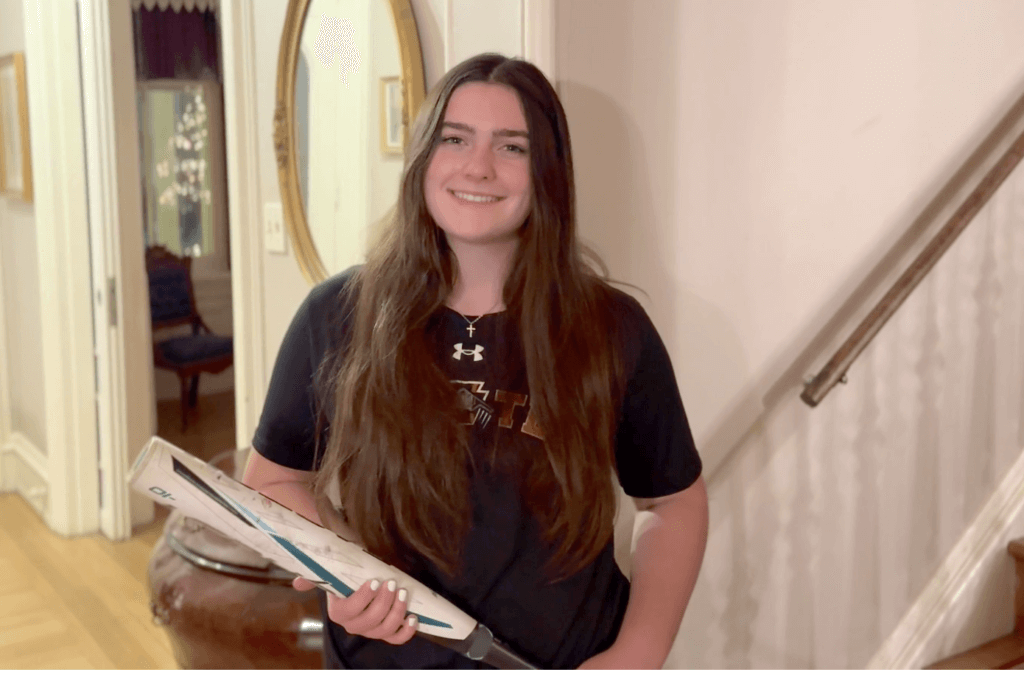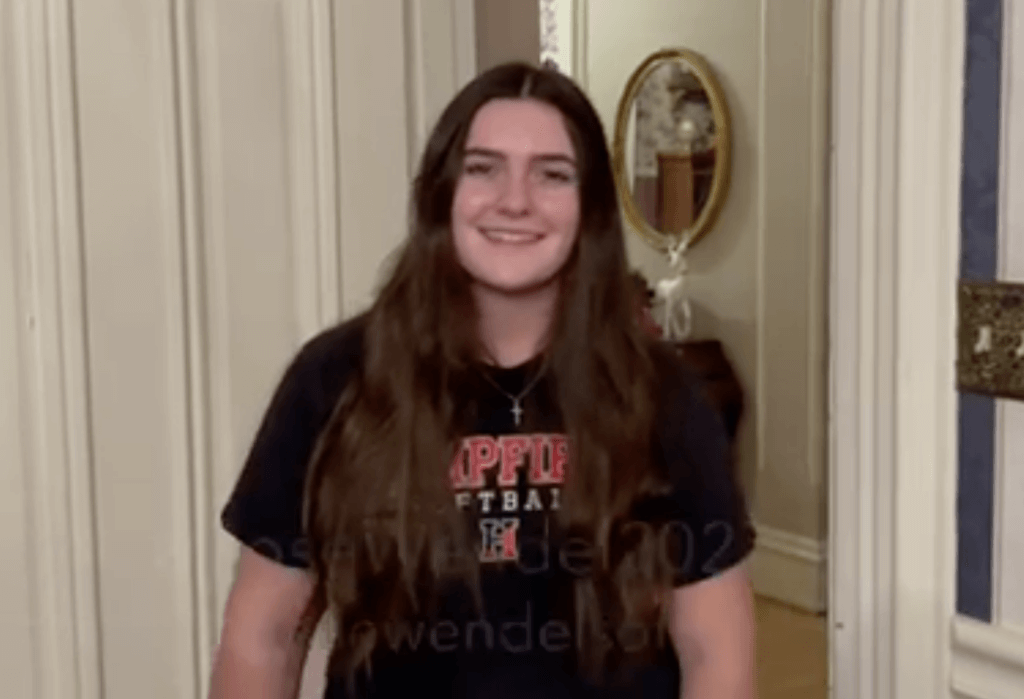
Extra Inning Softball has partnered with former DI softball coach Julie Jones (Akron, Cleveland State) and current Mental Performance and Mindset Coach to help give athletes, coaches and others in the softball world the “Mental Edge.”

Julie spent 26 years leading Division I softball programs with her mission being simple: to build smarter students, stronger athletes and better people.
Today, she also serves as an Adjunct Professor at Ursuline College teaching well-being and performance, mindset training, athletic coaching and career development courses in both the undergraduate and graduate studies programs.
Continuing her work of helping student-athletes reach their goals on and off the field, Julie regularly sends Mindset Made Simple Tips to players and coaches across the country as well as posting them on her site, SSB Performance.
Julie can also be contacted via her email at: [email protected].
Today’s “Mindset Made Simple Tips” presents four confidence-building concepts we can use internally when the “Impost Syndrome” pops into our minds.
Here’s this week’s Mental Edge if you’d prefer to watch it:
Happy New Year! Have you set your resolutions?
Either way, we aren’t going to talk about them since almost 25 percent of us will fall off the wagon by the end of the week.
Don’t get me wrong, I’m all about choosing new behaviors to make us better, but after reflecting on a great holiday season and a good year, I hope to focus on something this year that can make our lives…and our performance… better this year without resolutions.
I was listening to a podcast the other day that really made me think about the way we think and how we experience joy. Since we just moved through “the most wonderful time of the year” and are looking ahead to a new and improved year, focusing on how we can use our experiences to our advantage seems like a great idea!

The guest on this podcast, Hidden Brain, Dr. Fred Bryant, talked about SAVORING. This is something I touch on in a roundabout way in my mental performance practice, but it is not something that is at the forefront of my mind or my sessions often enough.
Dr. Bryant’s explanation of how we learn to appreciate good things (or don’t learn to do so) really hit me.
Anyone who has experienced failure or frustration knows that tough times tend to stick with us. That’s why we love fresh starts like a New Year…to try to cut ties with those experiences and the emotions tied to them.
Our negativity bias, that system that notices threats of all kinds above all else, leads to this type of information we’d rather leave behind being processed quickly. We feel it, process it and can pull it up in an instant old year or new.
These experiences evoke lots of feelings and because they are shrouded in palpable emotion. Since we are tied so tightly to them because of all that emotion, they influence how we think, feel and act.
Because we are always looking to avoid this type of experience, Dr. Bryant explained that we understand that we need to help our kids (our athletes or those we lead) learn to manage struggles. Makes sense.
We want those we care for to carry as light a burden as possible.
The crazy thing is that we don’t spend much time or effort, if any, helping them learn to experience joy.
As he was saying this, I thought long and hard about the ways I neglected this part of experiencing life and how I have set my son up to default to his innate negative nature, even if I am helping give him tools to manage it…and how I do, too.
Think about it, we lead others through emotions and behaviors related to things that are frustrating, hard or uncomfortable, but don’t walk them through learning to enjoy the emotions surrounding the warmth of a fire, the deliciousness of ice cream or the joy of an accomplishment.
We assume these experiences will just happen and we will get through them gaining all they have to offer.
I’m not sure we even know how to do this…it seems weird.
We say we want to be happy and positive, and we want those around us to be, too, but because of our nature and our continual striving to be safe and comfortable, we tend to overlook the things that would make us happier. These experiences seem more fleeting and sometimes we have to go looking for them.
When was the last time you did something well? Did you instinctively think about how it could have been better?
We spend a lot of time thinking about what went wrong. It’s where our minds automatically go.
When was the last time you did something enjoyable? Did a small part of you (or a big part) think about what could have been different or did you compare it to someone else’s experience or one from your past?
We spend a lot of time comparing. There’s an app or two for that! 🙂
- Why do we do this to ourselves? We can chalk it up to our frustrating brain!
- AND THEN we can do something about it.
- We can learn to SAVOR our experiences and teach others to do it as well!
Savoring, according to Bryant and Veroff (2007), is “the capacity to attend to, appreciate, and enhance the positive experiences in one’s life.”
It comes back to being PRESENT and MINDFUL!
We know that researchers have found we spend around 47% of the time mind wandering which is a nice way to say we aren’t paying attention.
Harvard researchers also found that when we aren’t paying attention, we aren’t as happy!
It’s about noticing and appreciating at the moment our positive experiences…or the positive parts of our experiences…whether they are something we are experiencing from the outside world, like celebrating a win, or in our own minds, like feeling proud or grateful.
I’ve had the opportunity to experience both this week. Think about how you may have as well!
My son is totally into rocks and received a prospector’s tool bag as a gift for Christmas. This led us to our beautiful parks in search of cool rocks (we didn’t do any damage, Lisa King, if you’re reading this 😊…she’s the Executive Director of our amazing park system in Summit County!).
The act of looking for rocks may not seem all that thrilling and we probably could have found them in our backyard, but walking in nature, spending time with my 11-year-old and watching his excitement for our adventure was a great experience!
In times past, I may have been thinking about work or that we weren’t walking fast enough to get in a productive hike or that there was probably a better place to go to find better rocks, but on this day, I decided to SAVOR this experience.
We talked about what we would find and how fun and beautiful things would be. We intentionally looked for all the good in the trip and then we talked about our experience after we got home and shared it with others, showing off our treasures. We had feelings of “This is great! I love this!”
All of this…the pre-experience, the actual experience and the recall of the experience, gives us a boost in positive emotion that will serve us long after our hike ends!
This sounds a lot like what we do with mental rehearsal. We pre-experience and we relive the good stuff. This practice can create a ton of positive emotion, too. And we know that positive emotion is one of the biggest predictors of peak performance.
My other experience happened just this morning.
I was reflecting on my week and our time with family and friends as I was walking the dog. It took me to thoughts of what my former teachers and coaches did for me when they were in my life daily and long after.
My mental time travel took me back to two specific gifts. Both are engraved pens: one for graduation and one for earning “Coach of the Year” honors. Both were from two people who helped shape my life as a young person and long beyond. The thoughts made me both grateful and proud.
Even though both of these experiences happened a long time ago, I appreciated and valued them then and that allowed me to do the same today.

This again took me back to using our highlight reels to build our confidence and enhance our performance. As author Jason Selk said in Executive Toughness:
“Remembering a successful moment is a great confidence-boosting technique. Recalling a past performance in the present allows us to relive the same full range of emotions that we experienced when we performed the feat at the time.”
In this case, I wasn’t recalling a great performance, but I was recalling a great experience…a wholistic experience that reminded me of my ability to build relationships, experience success and celebrate it with those I love. I am certain that the emotions I experienced today were very similar to the emotions I experienced in the past…maybe even better.
And the good part…I let myself EXPERIENCE THEM without comparison, should haves, would haves or could haves!
As 17th-century writer Francois de La Rochefoucauld said:
“Happiness does not consist in things themselves but in the relish we have of them.” It’s about EXPERIENCING THINGS and shutting off the storyteller, the comparer, the wisher and the judge and paying attention to what we are doing…or feeling…and appreciating it!”
According to Dr. Bryant:
“The savoring is always in the here and now. The feeling now when you look back, the feeling now when you look forward.”
We are experiencing our excitement about what we look forward to in an experience, the experience or the recall of an experience NOW. We can’t have those feelings in the past or future. We are changing our thoughts and emotions NOW. We are flooding our brains and bodies with good stuff!
This is mental time travel, for sure…and it’s different than being present like we need to be present as we perform, paying attention to the cues we need to be successful.
But it is allowing us to find those experiences that are often pushed out by our should haves, would haves, could haves or comparisons and we sit with them, getting all we deserve out of them!
When we savor we come away with stronger positive emotions immediately afterwards and these feelings stay with us throughout the day.

As John Wooden said, “Little things make big things happen,”
It’s not about just savoring the big wins in life. It’s about stacking up the little things that happen in everyday life.
Selk says:
“Better to feed your fire often, even if you do it a little at a time, rather than a lot only once in a while. A series of small victories has a much stronger and lasting psychological effect than a rare, bigger win.”
Big wins may feel like they fill our tank, but our tanks run low quickly as they compete with the wear and tear of the roads we travel. We need to add fuel to our fire often…and we can do it whenever we want!
It’s a simple shift in attention. But simple isn’t always easy.
As soon as we find ourselves looking for problems, comparing, wishing or complaining, it’s a great time to shift to savoring! What can we find to notice and appreciate in the moment that we can find again in the future at just the right time? How can we look forward to something and use that to change our perspective and feel and behave better now?
This year, how can we be where we are more often? How can we fill our minds and our days with the joy of anticipation and relive our joys by revisiting our highlights?
How can this change how we communicate, build and maintain relationships and perform?
This will be a fun experience! Let’s hold each other to it! Because “No day comes twice. Each moment savored more precious than a span of jade.” – Zen Tradition
This is so hard to remember as we fight through the craziness of each day. Time to be more attentive and show up better this year!
HAPPY NEW YEAR!! Manage the moments and your attention!!
Julie
COPYRIGHT © 2024 Extra Inning Softball TM
Check out our other EIS links:











